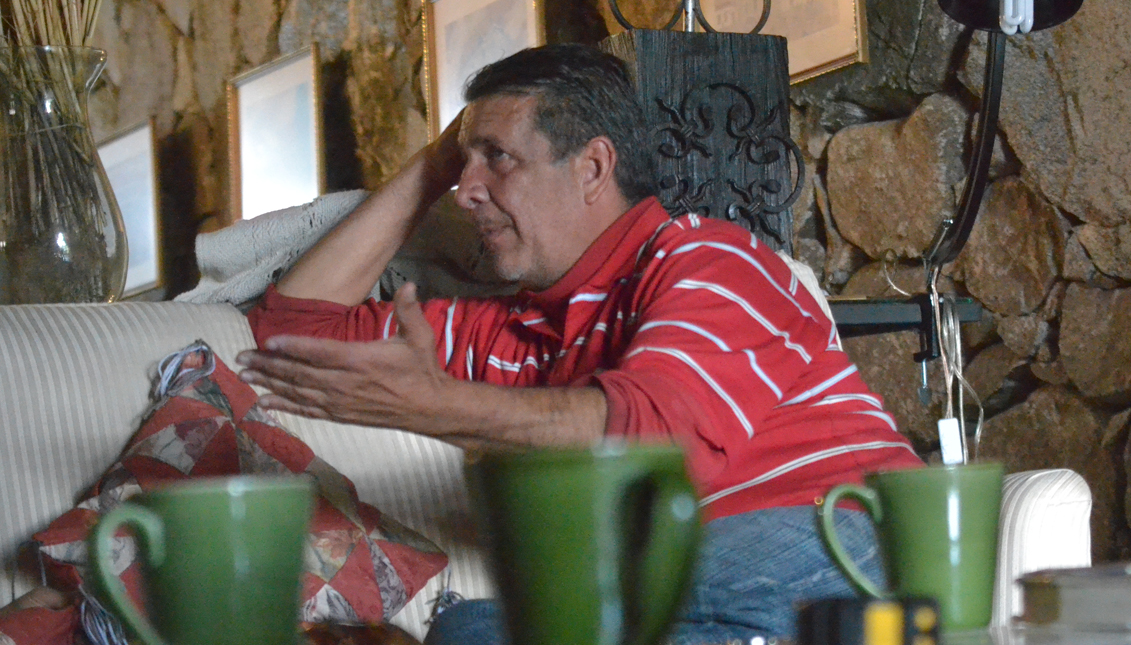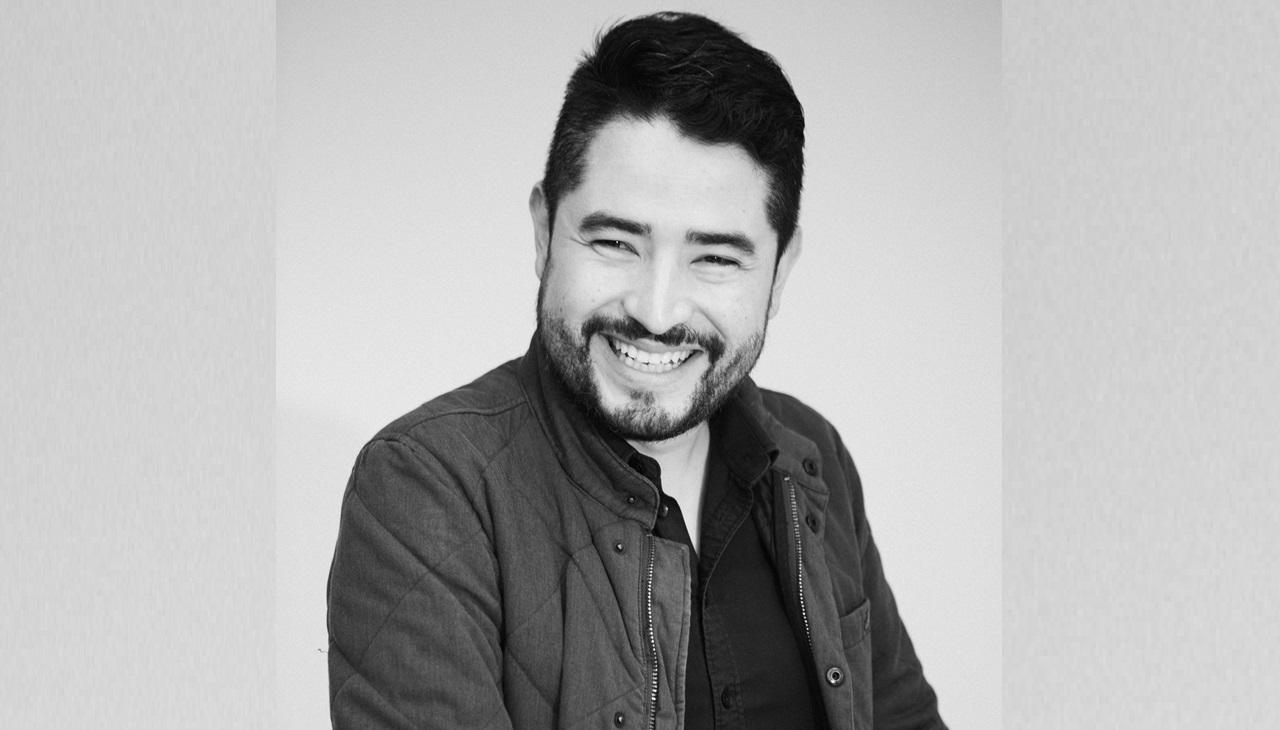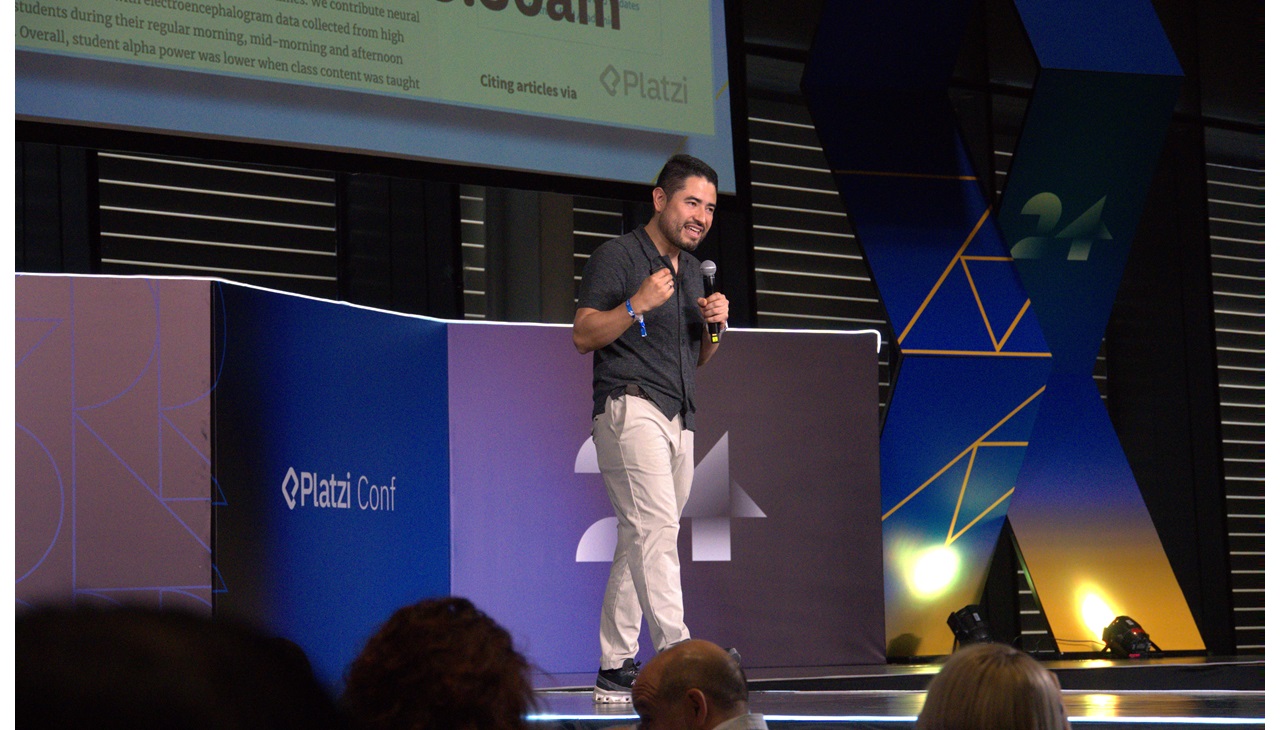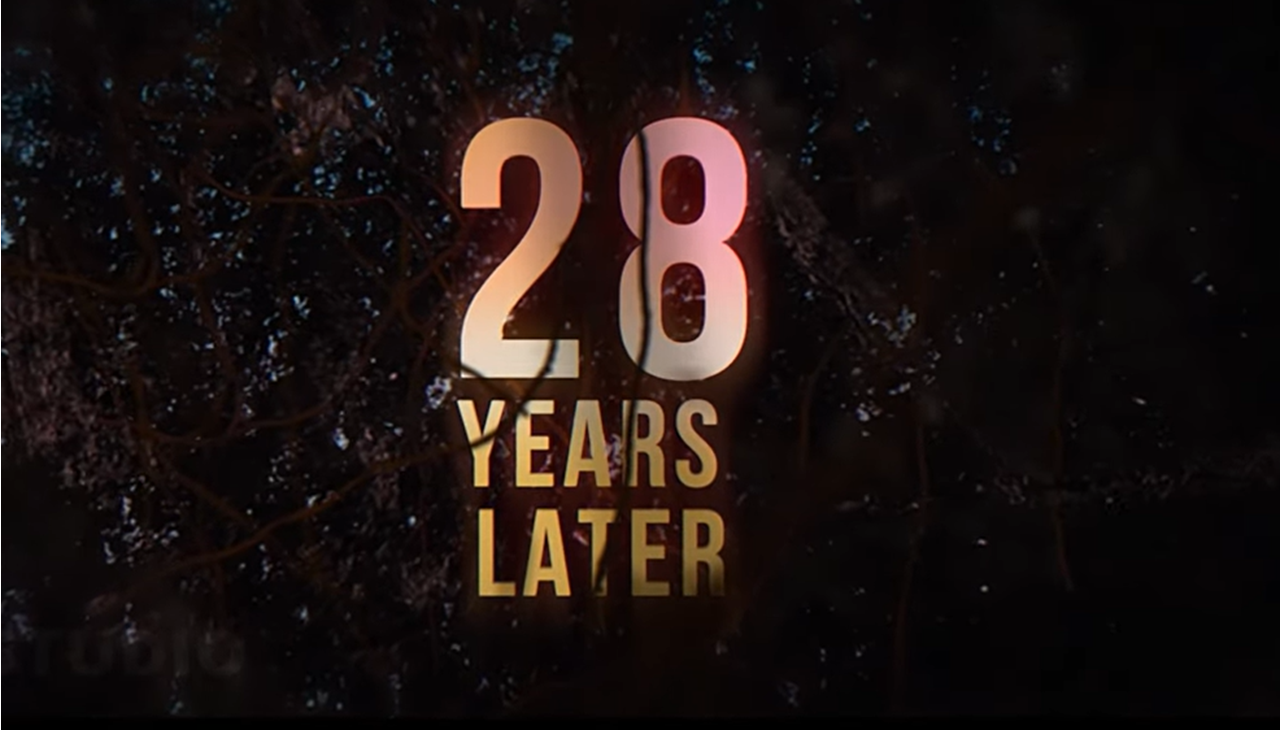
Pedro Torrealba and the preservation of traditional weaving in the Venezuelan Andes
Pedro Torrealba is a Venezuelan entrepreneur who’s researching the traditional weaving process deep within the Andes mountains, on a quest to preserve a craft…
“Love on, indeed, wicked girl, but hang thou still; and let this same doom of punishment (that thou mayst fear for future times as well) be declared upon thy race, even to remote posterity.” So saying, as she turned to go she sprinkled her with the juices of Hecate’s herb; and forthwith her hair, touched by the poison, fell off, and with it both nose and ears; and the head shrank up; her whole body also was small; the slender fingers clung to her side as legs; the res was belly. Still from this she ever spins a thread; and now, as a spider, she exercises her old-time weaver-art”. Ovid. Metamorphoses. Book VI.
“It all began with theatre”, says Pedro while remembering his youth in the Central University of Venezuela. He was educated in children’s theatre under the guidance of Eduardo Mancera, following which he then co-founded the first Ateneo outside Caracas.
Back in the 1970’s the International Theatre Festival was only carried out inside the Capital, denying the provinces the access to culture. It was then when Pedro Torrealba and Pedro Emilio Sánchez Arellano came up with a project to bring the theatre to the distant urban spheres and, when proposed to María Teresa Castillo (then President of El Ateneo) they got the approval to invite two theatre companies: Teatro de la Calle (Colombia) and Chevaux de Feu (France) outside Caracas.
Jean-Marie Binoche directed Chaveaux de Feu, and their staging was based on tales, myths and stories from India, a production structured on the compilation of pictures, sounds and visual material from a fieldtrip to different villages. This was Pedro’s inspiration to begin a process of research on the oral tradition in Venezuela. After choosing the Yekuana tribe from the Amazonia, he presented the project finding no economic support: “I sold my car and a few things I had and I left”.
After being advised by Dr. Isabel Arentz – famous ethnomusicologist – Pedro designed the data collection and left to the Amazonia: “I arrived to Cacurí after 5 days going down the Orinoco river, 5 more days going up by the Ventuari river until we reached the Tencua Waterfall and then walked for a whole day”.
After spending one year with the Yekuana tribe, Torrealba learned every single aspect of their cultural manifestations, finding himself connected with his native roots, filling a pressing need to absorb every single piece of information. Recognizing this traditional side made him realize exactly who he was, as a result of a quest for identity, a symptom of the postmodern era.
Upon his return, Pedro presented a monologue of his time with the Yekuana people in the First Ibero-American Congress of Ethnomusicology and Folklore; representing all of the cultural manifestations he had understood and interpreted, he transformed them into a conventional theatre language. The reception of his play was astonishing, and Torrealba was invited to do a tour in six universities in Germany with his performance, but once again the lack of support from governmental institutions left him outside.
After venturing for a few years as a chef, Pedro Torrealba moved to the Venezuelan Andes, where he first saw a traditional loom and found his true calling. Thanks to a couple of friends he met the last elderly people who still preserve the traditional weaving and that haven’t found a successor generation that could keep the craft alive. “In ten years there will be no one left, and this beautiful art will be lost forever”.
Torrealba designed a compilation of interviews and painting processes that will take a shape of a book that he has called Los Colores del Páramo (The Colours of El Páramo) where he will document all the dye procedures and a weaving manual, as well as the origins and history of such a fundamental tradition.
The manufacture and the acquisition of the raw material takes more time and money than a single person can handle, so Torrealba has turned to the local government to find new ways to study and improve the wool and the pigments, receiving a positive response for the first time.
Part of the process has become the improvisation of structures that facilitate the system, all made of traditional materials and according with the historical instructions that remain taught trough oral tradition. The wool and pigments are all natural products, obtained from the sheep and the flora of the surrounding mountains.
The Venezuelan Andes remain a territory almost untouched by the globalization process; spending a few days in the mountains allow you to reflect and to make contact with the pure and most original roots. It’s obvious not only in the temper of its habitants, but in the taste of their food, the purity of the air and the daunting silence that seems to penetrate every single corner.
But the problem of the commodification of the traditional fabric has made things uphill. In Venezuela, the tourism is on high demand only 80 days per year, and the traffic of people in the zone of the Andes is only a 20% of that mass, that usually prefer to enter trough the lower access than to cross the mountains, making it difficult to elaborate a product that could survive by itself.
In order to face up to this challenge, Pedro Torrealba has decided to pursue a more ethnographic project until the economical circumstance could provide a more fertile future.










LEAVE A COMMENT:
Join the discussion! Leave a comment.